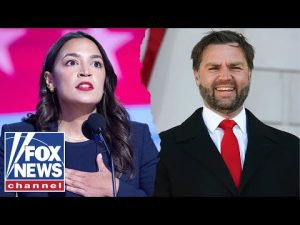In a striking turn of events south of the DMZ, South Korea’s political landscape is shaping up to resemble a scene from an action thriller. The sitting president has thrown the nation into turmoil by suggesting he may dissolve the National Assembly, claiming that the opposition party is attempting to undermine the government to save their own skins. This bold move raises serious questions about the balance of power and the essence of democracy in the nation.
The president’s accusation that the opposition is looking to manipulate the prosecutorial system for their benefit serves as a clarion call for his own party, the People Power Party. They, like the president, are caught in a precarious position. While they might share a common interest in maintaining power, the rift within legislative ranks has morphed into a full-blown standoff. Members of the assembly, even from the president’s party, found themselves blocked by police as they attempted to enter, a scene reminiscent of political dramas where constituents rally against authority.
This power struggle raises critical questions about the implications of one leader taking such drastic steps. Dissolving parliament, a move that some might argue resembles dictatorial behavior, undermines the very fabric of democratic governance. It sets a dangerous precedent where disagreements are settled not through debate and laws but through sheer executive fiat. If South Korea’s leaders believe that a strong hand is necessary for stability, it’s vital to remember that heavy-handed tactics often lead to further unrest rather than resolution.
Imagine the situation escalating: military interventions, a populace divided between loyalty to their president and their democratic ideals, and international observers wringing their hands as another nation appears to buck the trend of democratic governance. Just as when the ground shakes, all one can do is wait to see what falls. In South Korea’s case, will this political earthquake lead to reform or to authoritarianism?
Moreover, the potential dissolution of parliament opens up a host of scenarios that will not only affect the political landscape but the lives of ordinary South Koreans as well. It is crucial for citizens to engage in dialogue, holding their leaders accountable while advocating for the principles that bolster democracy. After all, a healthy government thrives on a robust opposition and a functioning assembly, not on dictatorial decrees. This power play might just rally the populace to defend their democratic rights. In the end, the South Korean president must weigh the cost of power against the greater good of his country. Let’s hope he chooses wisely, for the sake of democracy and stability in this pivotal moment.







